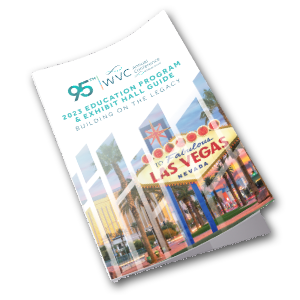Back
Veterinary Technician
VT46 - Choosing Nutrition as a First-line Defense: Understanding Antimicrobial Resistance
Wednesday, February 22, 2023
5:00 PM – 5:50 PM
Location: Lagoon H, Level 2
Earn 1 CE Hours
.jpg)
Robin A. Saar, RVT, VTS (Nutrition)
Veterinary Onboarding Specialist
Lethbridge, AB, Canada
Eva Jaeger, BS, RVT
Cal Poly Pomona Animal & Veterinary Sciences
Pomona, CA, United States
Presenter(s)
Moderator(s)
Specialty Veterinary Technician Session: "But Metronidazole works so well..." This commonly used statement was how many treatment plans utilized antimicrobials to alleviate symptoms as a first-line action. We are now facing a world-wide state of emergency with of antimicrobial resistance. This session will look at how bacteria develop resistance to antimicrobials and how nutrition and fecal microbial transplants (FMT) could be alternative solutions in these cases.
Learning Objectives:
- What is antimicrobial resistance and how bacteria evolve to develop resistance
- Identify the outcomes of at least 3 current studies on commonly utilized antimicrobial treatments
- Be able to explain 2 changes in microbial shift post antibiotic treatment
- Be able to describe what a fecal microbial transplant is and 2 benefits of its use.
- Be able to list at least 2 alternative initial or first-line treatment paths over antimicrobial use.
- Understand the use of bacteriophages (phages) as a new way to alter GI dysbiosis.



